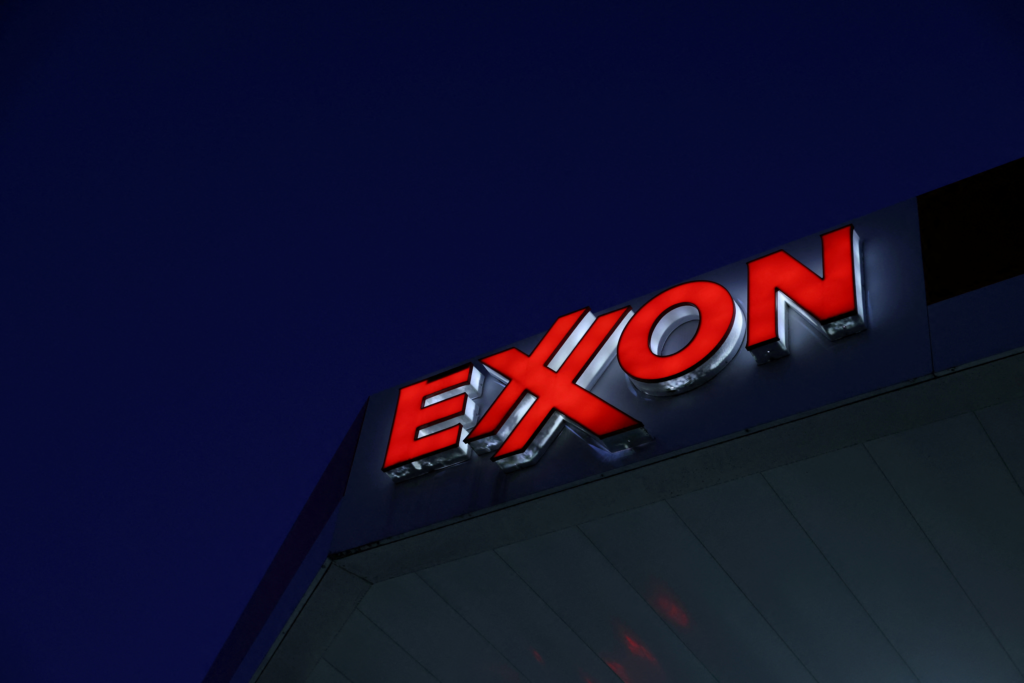Exxon Mobil Corp. has announced its agreement to acquire Denbury Inc. in a deal worth $4.9 billion. The transaction will be an all-stock acquisition, and it is anticipated to be finalized by the fourth quarter of 2023.

The primary motivation behind this acquisition is Exxon’s interest in gaining access to Denbury’s extensive carbon dioxide pipeline network. The network spans 1,300 miles throughout the United States and is primarily utilized for injecting CO2 into aging wells to extract additional oil reserves.
Denbury has established itself as a leader in utilizing carbon dioxide to enhance oil extraction from mature wells. They have built a robust infrastructure of pipelines that facilitate the transportation of CO2 to these wells, where it is then injected underground to stimulate oil production.
This deal also reflects Exxon’s commitment to its energy transition business. The company has faced pressure from investors to reduce carbon emissions and invest in cleaner energy sources. The acquisition of Denbury will provide Exxon with a platform to develop CCS projects and other low-carbon technologies.
The deal is valued at $89.45 per share, representing a premium of 1.9% to Denbury’s last close. Denbury’s shares experienced a modest increase of about 1% in premarket trading.
Exxon’s acquisition of Denbury marks its largest since the purchase of XTO Energy in 2009 for $41 billion. It follows a trend of major oil companies acquiring CCS assets. For instance, in 2021, Shell acquired Clean Energy Systems for $1.5 billion, and TotalEnergies acquired Storegga Geotechnologies for $1.6 billion.
The growing interest in CCS among oil majors demonstrates the industry’s increasing focus on addressing climate change. While CCS is a complex and costly technology, it holds significant potential for reducing greenhouse gas emissions. Exxon’s acquisition of Denbury represents a significant step forward in advancing CCS technology.
